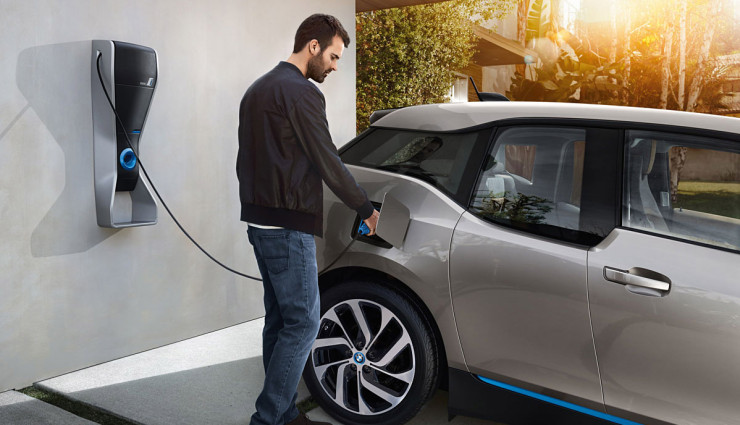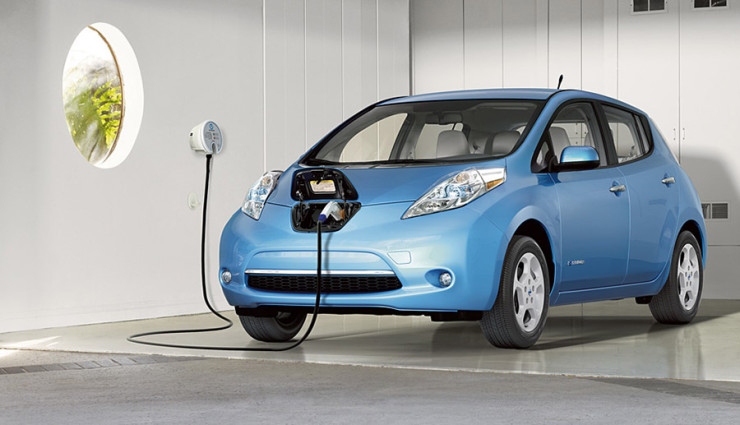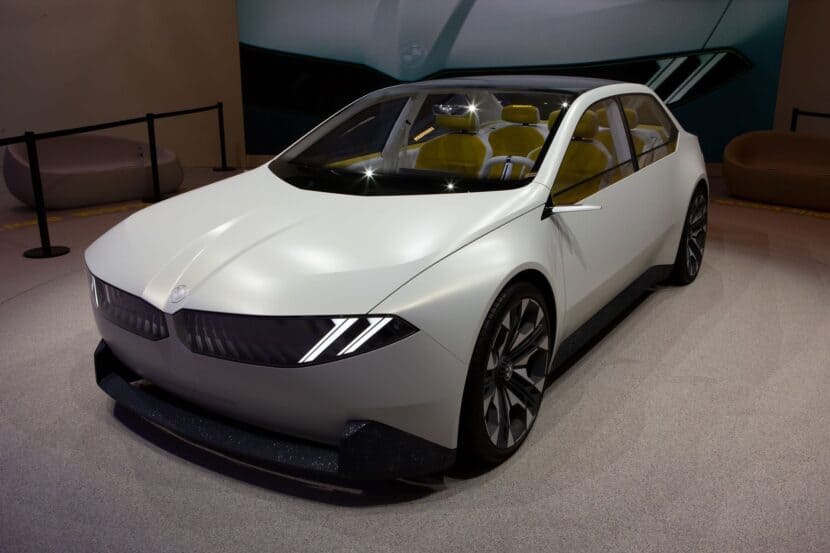Pacific Gas and Electric Co. (PG&E) seeks permission from California state regulators to build an estimated 25,000 electric vehicle chargers in Northern and Central California. If approved, this program would be the largest deployment of EV charging stations in the country.
PG&E says the chargers would be located at commercial and public locations, including multi-family dwellings, retail centers, and workplaces. About 10 percent of the chargers would be installed to support disadvantaged communities. Furthermore, PG&E would also provide tools and educational materials for site hosts and customers to learn about the benefits of electric vehicles.
Public records show that an estimated 60,000 plug-in electric vehicles are currently registered in PG&E’s service area. Nationwide, there are 260,000 plug-in EVs.
The governor’s office has called for 1.5 million zero-emission vehicles in California by 2025 to help meet the state’s goal of reducing greenhouse gas emissions 80 percent below 1990 levels by 2050. To support that plan, industry models suggest that PG&E’s service area will need about 100,000 Level 2 chargers in public locations by 2020.
READ ALSO: Kansas City Power & Light Co installing 1,000 EV stations
All of the 25,000 stations PG&E proposes to build would have Level 2 chargers, which provide up to 25 miles of range for every hour of charging. To support travel between metropolitan areas, PG&E would also install at key locations 100 DC fast chargers, which can recharge an EV’s battery in only 30 minutes. A growing number of DC fast charging stations are being deployed along the “West Coast Electric Highway,” which serves drivers from British Columbia to Baja California.
The chargers would be provided at no cost to the site host. PG&E proposes to own all of the infrastructure, but contract with third parties to build, install and maintain the chargers and manage customer billing.
PG&E expects that the program will take about five years to complete following approval by the California Public Utilities Commission.
[Source: einnews.com]






































































